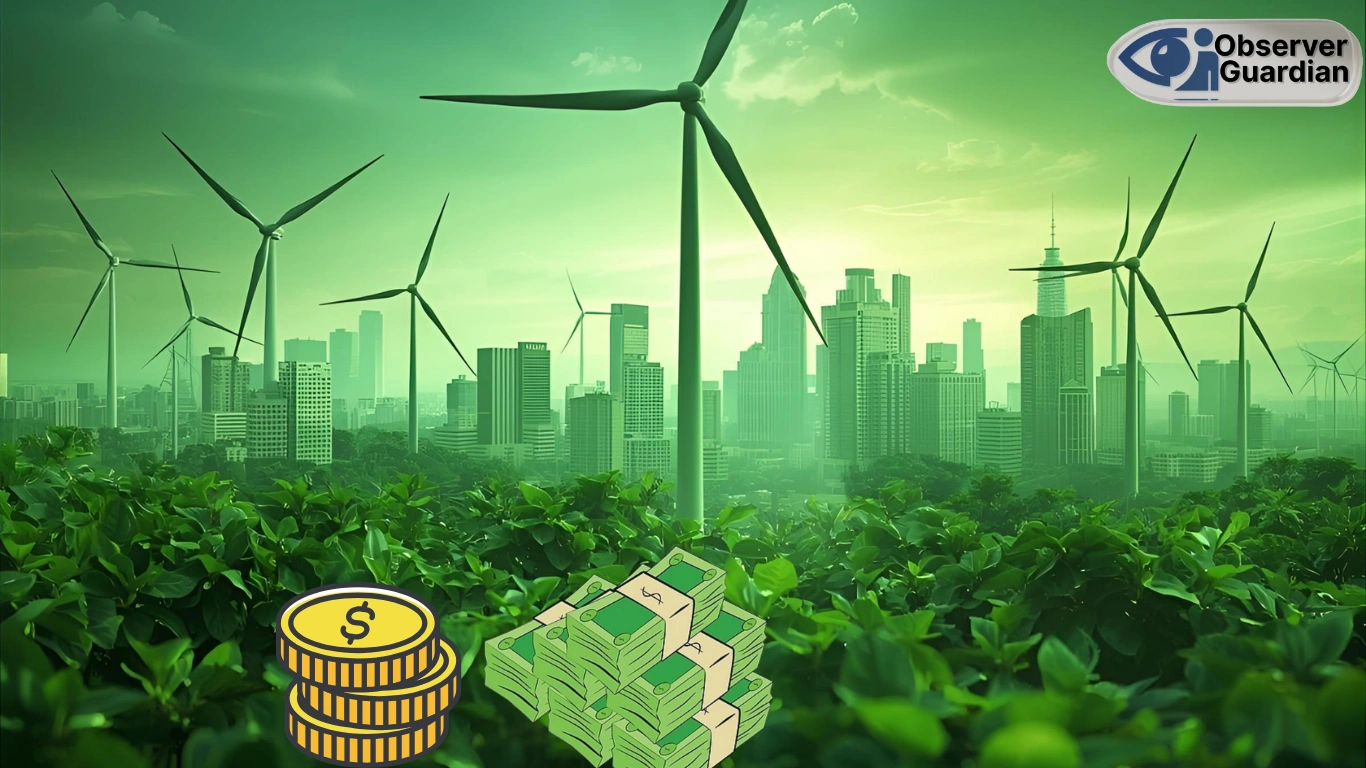Pakistan just rolled out something pretty significant and that is Sovereign Sustainable Finance Framework. In plain terms, it is a roadmap for how the government plans to raise money through things like green bonds, sukuk, or loans and channel it into projects that are good for the environment or have strong social benefits.
Pakistan Unveils Sovereign Sustainable Finance Framework to Boost Green Investment
What makes this interesting is that it is not just lip service. The framework has been vetted by Sustainable Fitch, which gave it an Excellent grade for aligning with international standards. That is the kind of stamp that can help Pakistan actually convince global investors to put money into its bonds. Citi and Deutsche Bank were involved in shaping it too, which adds credibility.
So, where does the money go? On the green side, it could fund solar, wind, energy-efficient buildings, sustainable farming, or even biodiversity projects. On the social side, it’s things like healthcare, affordable housing, jobs, and women’s empowerment. They’ve made it clear that no funds will go to fossil fuels, nuclear, weapons, or anything shady like child labor. At least half of the proceeds are supposed to go to new projects, not just refinancing old debt. That’s a big deal because it forces the government to actually build new stuff.
Why is Pakistan doing this now? The country is strapped for cash and looking for ways to tap into the massive global pool of ESG (environmental, social, governance) funds. Green finance has become a buzzword in global markets, and this is Pakistan’s way of signaling: “We’re open for business, and we’re serious about climate commitments.” Remember, under the Paris Agreement, Pakistan pledged to cut projected emissions by up to 50 percent by 2030 though a lot of that is conditional on outside funding. This framework could help unlock some of that.
That said, the challenges are obvious. First, execution. Announcing a shiny framework is one thing, but actually monitoring, reporting, and proving impact is tough, especially in a country where bureaucratic coordination is… let’s say complicated. Second, the pipeline of viable projects matters. You can promise to build solar parks, but if the projects aren’t shovel-ready or can’t attract co funding, the money would not flow. And of course, investors are going to look hard at Pakistan’s creditworthiness and political stability before jumping in.
Still, it’s a positive step. For years, green finance in Pakistan has been mostly talk or small scale pilot projects. This gives the government a structured way to raise serious capital tied to sustainability goals. If they pull it off, it could reshape sectors like energy and agriculture while also giving Pakistan more credibility in global markets. If they fumble, it risks being another policy announcement that never leaves the paper it was printed on.







